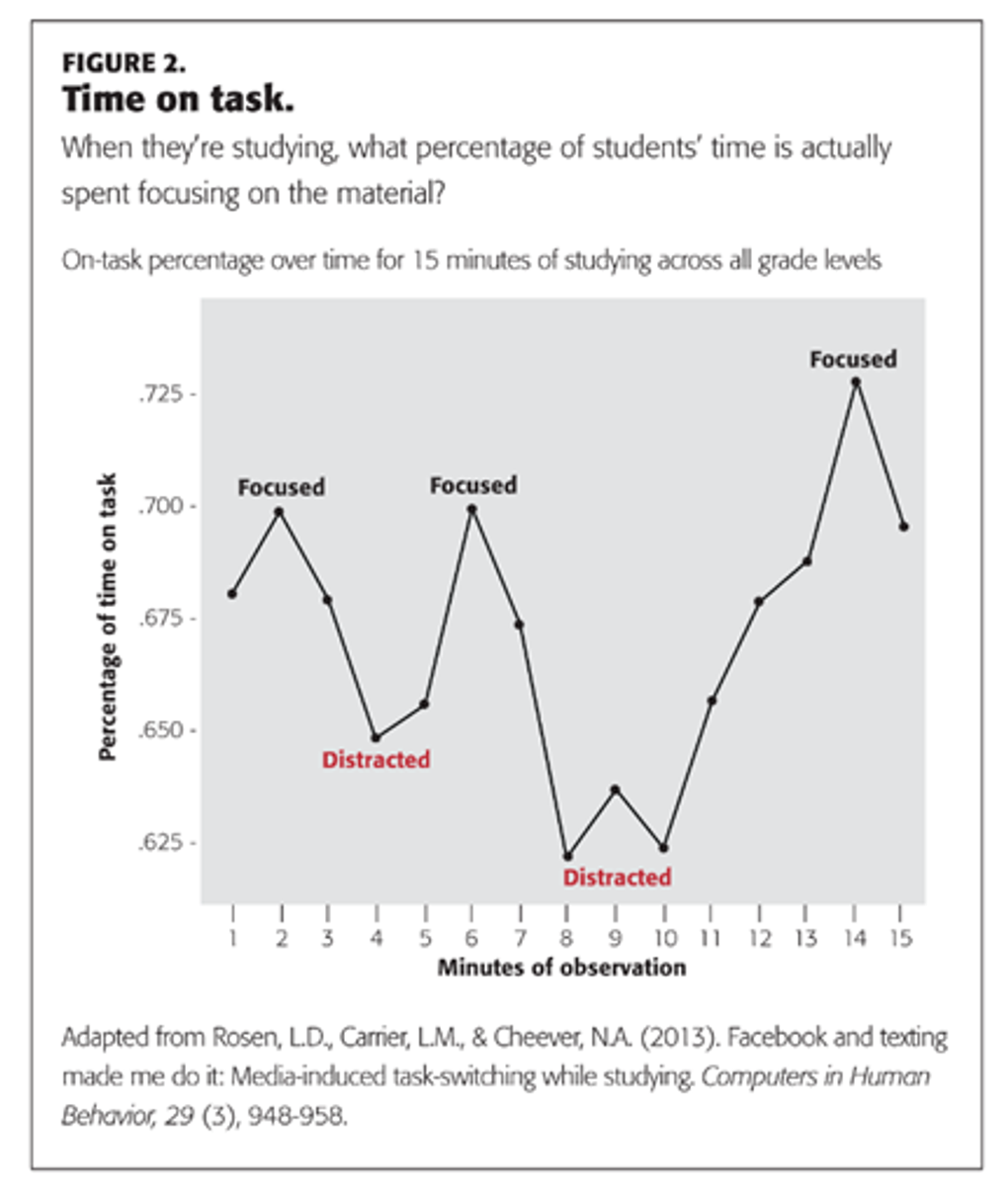APEx, Careers & Curriculum
Mrs Sharan Tagore

APEx, Careers & Curriculum
Mrs Sharan Tagore


Recent research highlights the significant effects of mobile phone usage on young people, revealing that smartphones can hinder effective learning. A study conducted by Tanil and Yong (2020) found that even the mere presence of a smartphone during study sessions can negatively affect working memory and cognitive function. In simple terms, smartphones quietly divert our attention and diminish our ability to perform basic cognitive tasks, such as memorising information. This means that attempting to absorb an entire semester's worth of material with a smartphone nearby can be quite challenging!


At St George’s, our mobile phone policy reflects this understanding: Senior students are prohibited from using their phones during lessons, while students in Years 7 to 9are required to store their devices in lockers during class. This policy aims to create an optimal learning environment for all students. A single notification from Snapchat or a message alert during a lesson can lead to decreased note-taking and diminished performance on cognitive tasks, including assessments— all due to a distraction that lasts less than three seconds.
Addressing digital distractions is vital for preparing our students to thrive in an increasingly complex, information-rich world. By fostering an environment that promotes focused engagement, we not only boost academic performance but also equip students with crucial skills for lifelong learning. Various tools are available to assist in this effort, including KSafe, the “cell phone jail.”
Additionally, many smartphones offer screen time reports to help parents and carers monitor their children’s usage. This information can serve as an excellent starting point for discussions about time management, enabling students to develop the habits necessary to become confident and successful learners.
Mrs Sharan Tagore
APEx, Careers and Curriculum Coordinator